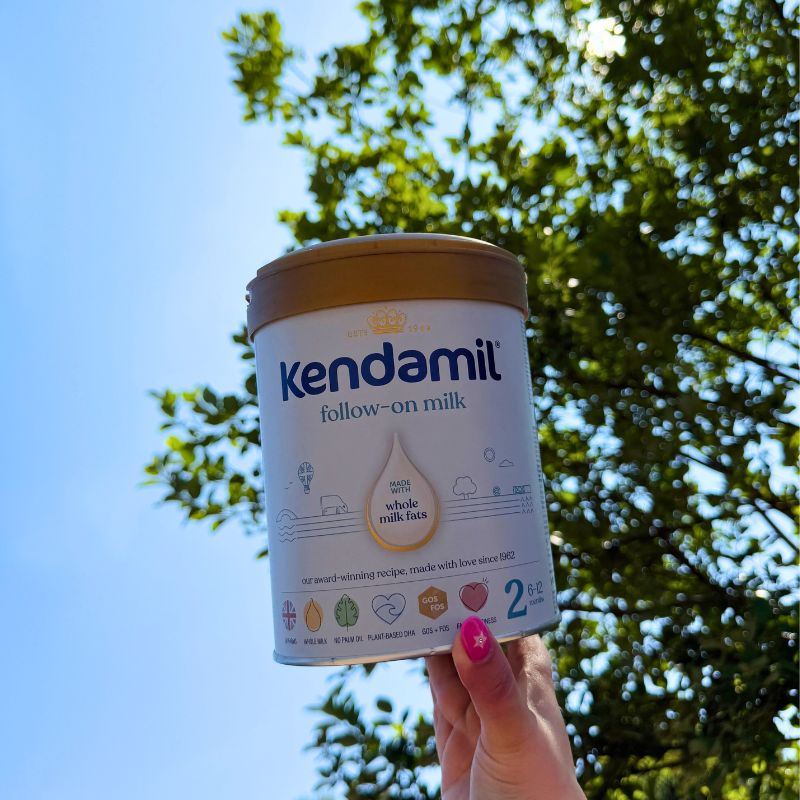Preparing for the arrival of your little one is an exciting and eagerly anticipated time. As your due date approaches, you may find yourself getting impatient to meet your little one. There are many old wives tales on how to stimulate labour and encourage your baby’s arrival. However many of them are unfounded, not tested and not recommended by the NHS. So let’s explore the safe and effective methods for naturally inducing labour and which ones you should consult a professional on.
It’s important to note that before attempting any of these techniques, it is always best to consult with your doctor or midwife to ensure they are not harmful to you and your baby depending on your unique pregnancy and health concerns.
Red Raspberry Leaf Tea:
Red raspberry leaf tea is a herbal remedy often endorsed by other mums to help prepare the body for labour. Its consumption is believed to strengthen and tone the uterus as well as aid in the onset of contractions. Although the NHS don’t recommend it to help with inducing labour, it is a nice warming tea to drink. However, as always, we recommend consulting your midwife before incorporating these teas into your routine.
Nipple Stimulation and Sexual Intercourse:
Nipple stimulation is a natural method that can trigger the release of oxytocin, a hormone responsible for stimulating contractions. Gentle nipple stimulation, either manually or by using a breast pump, can be performed for short periods to encourage labour to start. Additionally, sexual intercourse is known to release oxytocin and sperm contains a high amount of hormone prostaglandin, which can help ripen the cervix and induce contractions. However, it’s important to consult your healthcare provider if you have any concerns or complications.
Relaxation Techniques and Exercise:
Relaxation techniques, such as deep breathing exercises, meditation, or prenatal yoga, can help reduce stress and promote relaxation. When the body is in a relaxed state, it may be more likely to go into labour naturally. Gentle exercise, like walking or swimming, can also encourage the baby to descend into the pelvis and potentially stimulate contractions. Remember to listen to your body and not overexert yourself, especially during the later stages of pregnancy.
Healthy Diet and Labour-Inducing Foods:
Maintaining a balanced and nutritious diet during pregnancy is vital for both you and your baby. While no specific food can guarantee labour to start on your due date, some natural foods are believed to have properties that may help stimulate contractions. Spicy foods, such as curry or chilli peppers, are thought to stimulate the digestive system and potentially trigger contractions. However, it’s essential to consume them in moderation and only if you enjoy spicy foods. Eating a variety of fresh fruits, vegetables, and whole grains will support your overall well-being during this crucial time.
Holistic Approaches and Alternative Therapies:
Alternative therapies like acupressure and acupuncture have been used for centuries to support the natural processes of the body, including inducing labour. These practices involve applying pressure to specific points on the body, which are believed to help stimulate contractions. If you’re interested in exploring these methods, ensure you consult with a qualified practitioner who specialises in pregnancy-related treatments.
Always remember to listen to your body and consult with your healthcare provider before attempting any labour-inducing methods. They will be able to provide personalised advice based on your medical history and individual circumstances.
Membrane Sweep:
One natural method that may help initiate labour is a membrane sweep. This involves having an internal examination where your midwife or doctor will sweep their fingers around your cervix to help separate the membranes of the amniotic sac surrounding your baby from your cervix. The procedure releases hormones prostaglandins which can trigger labour to start.
The Myth of Castor Oil:
Castor oil is often touted as a home remedy for inducing labour due to its potential laxative effects. However, the side effects and potential dangers to you and baby are not worth the risk. The use of castor oil can cause uncomfortable gastrointestinal symptoms and may lead to dehydration. Furthermore, its effectiveness in initiating labour is inconclusive. It’s a hard pass on this one from us.
The Role of Patience and Trust:
While it’s understandable to feel eager for labour to begin once you’ve passed your due date, it’s crucial to trust in your body’s natural process and allow labour to commence when the time is right. The estimated due date is an approximation, and only about 5% of babies are born on their due date. Most pregnancies last between 37 to 42 weeks, and it’s important to give your body the time it needs to prepare for labour.
The Support of Loved Ones:
During this time, surround yourself with a supportive network of loved ones. They can provide emotional encouragement, assist with household tasks, and offer a helping hand as you navigate the final weeks of pregnancy, which can be tiring and draining. Their presence and positive energy can contribute to a calm and relaxed environment, which may help labour get underway.
Understanding the Limitations:
While natural methods for inducing labour can be beneficial, it’s important to recognise their limitations. These methods are not guaranteed to work for everyone, and sometimes medical interventions may be necessary for the safety of both you and your baby. Trust in the expertise of your healthcare provider, who will guide you in making the best decisions for your unique situation.
As you approach your due date, it’s understandable that you may turn to natural methods to help bring on labour. From relaxation techniques and exercise to certain foods and alternative therapies, there are various methods that may encourage labour to kick into gear. However, it’s essential to approach these methods with caution, always consult with your midwife during your weekly appointments, and prioritise your well-being and the safety of your baby. Embrace the journey and trust in your body’s innate ability to bring new life into the world. Remember, the most important thing is a healthy and safe birth for both you and your baby.

















